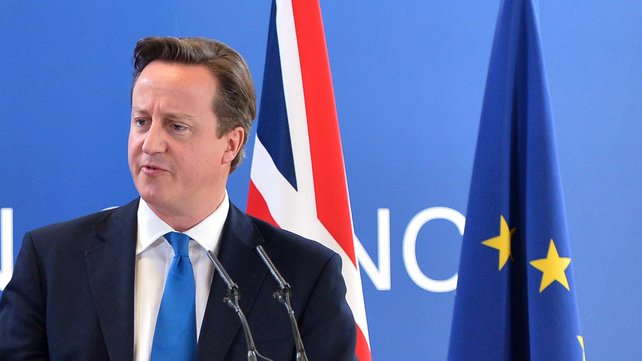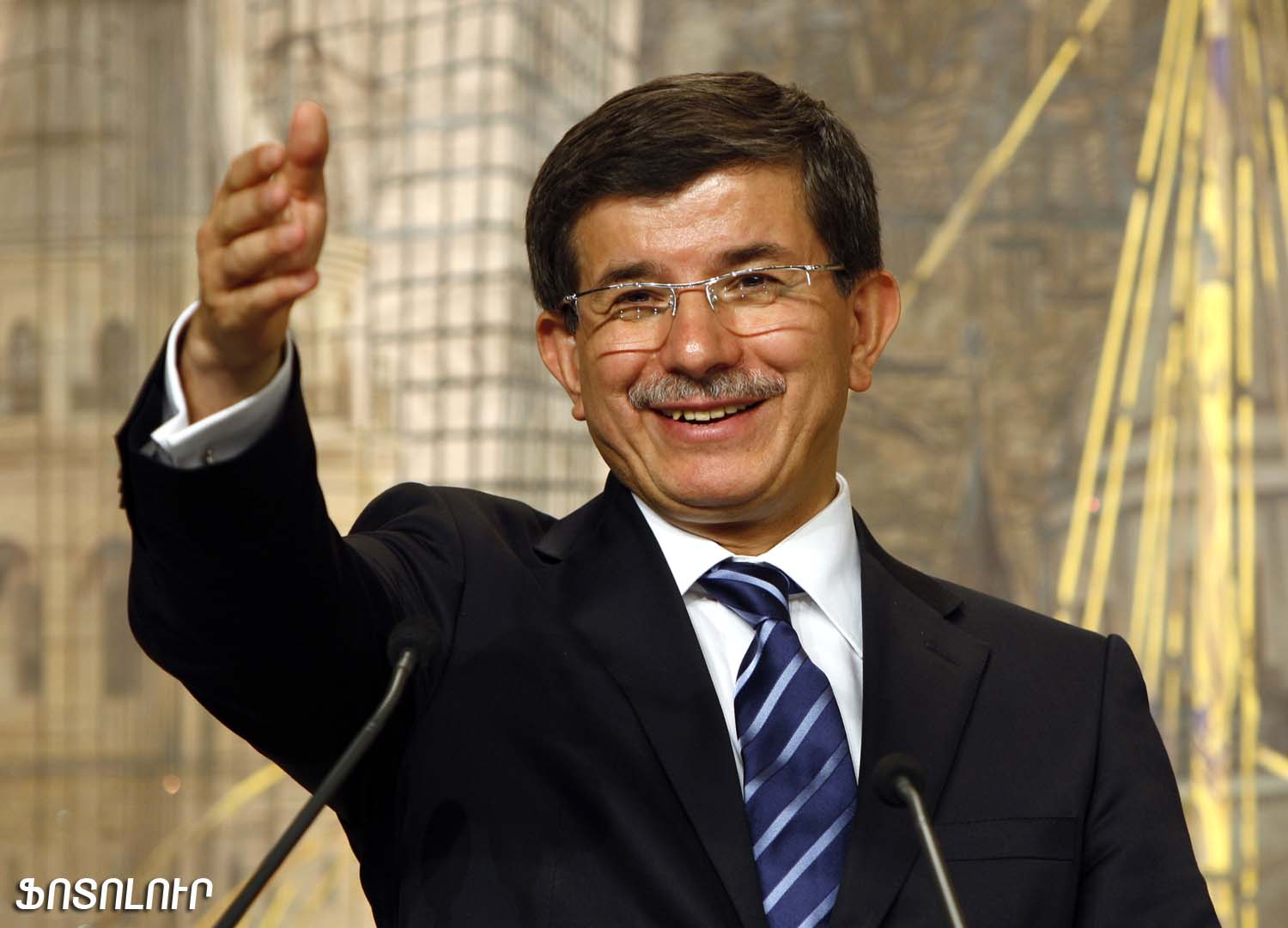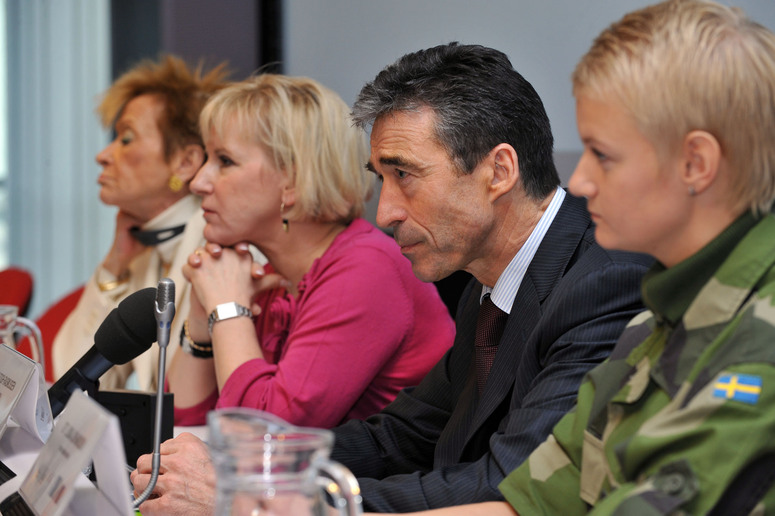On January 23, 2013, British Prime Minister David Cameron gave a landmark speech on the future of the UK and the EU. In his address, Mr. Cameron pledged that if he were reelected in the general election set for 2015, he would call for an in/out referendum. This pledge carries with it the potential to radically redefine the UK’s relation to the EU and consequently, the face of Europe and the future of the project of European integration. Cameron’s pronouncement can only be described as vague, contradictory, and schizophrenic. On one hand, he lauds the EU and the UK’s past, present, and future within the organization. On the other, he presents a narrow, nationally minded vision of the future, in which the UK will either demand special treatment above the other 27 member-states or simply leave in a fit of shortsighted frustration.
This promise to hold a referendum, contrary to representing Cameron’s personal political views on the UK and the EU, was the result of a shrewd political calculation meant to appease Eurosceptics and descend to the lowest common denominator of populism. The prospect of a British exit (or “Brixit”) would be detrimental both for Great Britain and for the EU. In an increasingly globalized international market and in a world where unilateral influence of European states is diminishing, such a step would weaken both the UK and the EU as international actors and would cripple the competitiveness that Cameron and Eurosceptics in Britain claim to be addressing.
Cameron is ultimately pro-European, with the caveat that Britain should be able to pick and choose the conditions of its membership in the EU. But what are the issues that fuel Euroscepticism in Great Britain?
The Flimsy Case for Euroscepticism
Many British Eurosceptics argue that the UK could negotiate an “amicable divorce,” and find itself in a comparable situation to states such as Norway and Switzerland, who do not belong to the EU, yet reap considerable benefits through their bilateral relation with the supranational organization. This form of reasoning amounts to nothing more than a delusion, for UK products would still be subject to EU export tariffs and standards. Additionally, a Brixit could lead to restrictions upon the millions of Britons who live, work in, and travel to the EU.
Eurosceptics in the UK also like to claim that their country’s international standing would be unaffected by a Brixit. Yet, considering Britain’s anemic economic performance and Washington’s support for the integrity of the EU, the country would find itself isolated and stripped of considerable influence. Yes, the UK would still be a nuclear power and a permanent member of the UN Security Council. But the damage caused to the Anglo-American special relationship and the isolation of the island nation from its continental partners would severely cripple Great Britain as a global actor.
Britain’s Future in the EU
In the early spring of 2013, Labour politician and former Home Secretary, Charles Clarke, gave a lecture at the Munk School of Global Affairs and outlined his rationale for why Britain would not leave the EU. Clarke observed that Britain is no longer the great power that it used to be, and that it holds a unique position within the EU that bristles other member states, because it is able to pick and choose certain EU regulations. He concluded that the UK must remain an active and constructive member of the EU, and that the country should contribute to furthering the European integration project in order to play a meaningful role in international affairs in a globalized order.
What does Mr. Clarke’s vision entail for Britain? It necessitates short-term sacrifices for long-term returns that will benefit both the UK and the EU. The UK, along with France and Germany, comprise the informal triumvirate that truly steers the foreign policy of the EU. It would be foolish for the UK to abandon this influential forum as a result of narrow-minded consideration of backward looking desire for greater sovereignty. While the three states are still global players, their status as such is gradually diminishing in the face of the changing dynamics of the balance of power in the world.
Mr. Cameron’s job in the years leading to the general election will not be easy. The Prime Minister has to contend with an increasingly Eurosceptic electorate, disgruntled by a stagnant economy and at a time when the EU is in crisis and requires cooperation from all of its constituent member states.




